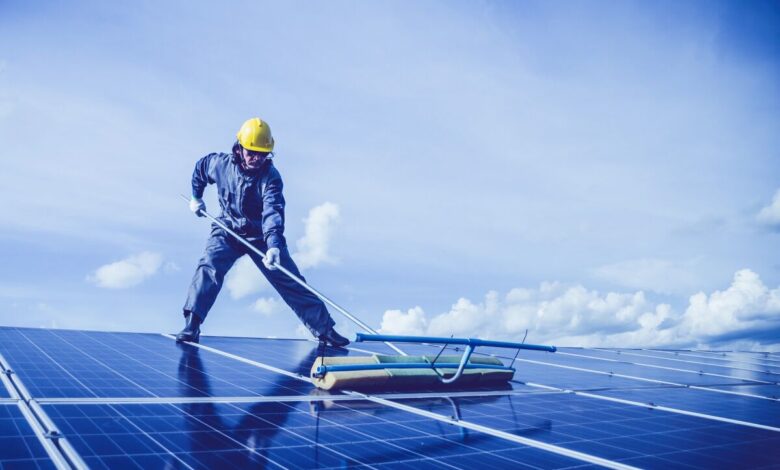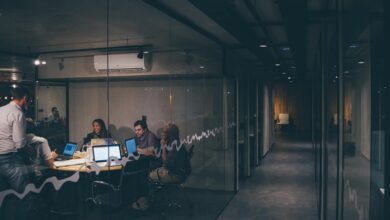What do you need to know about commercial solar power before investing?

Business owners looking to reduce their carbon footprint and lower energy costs turn to commercial solar power as a sustainable, renewable energy source. Understanding how solar panels work before investing in them for your business. So, how does commercial solar power work? The photovoltaic effect transforms sunlight into electricity through solar panels. The panels are made up of tiny cells that absorb photons from sunlight and release electrons, which create an electrical current. This current is then captured by wires in the panel and sent to an inverter that converts it into usable alternating current (AC) electricity. The AC electricity generated by the solar panels either be used directly by your business or fed back into the grid for other users to consume. Net metering programs allow businesses to sell excess electricity to their utility companies if they produce more electricity than they consume during peak hours.
You must consider several key factors before investing in commercial solar panels. You should consider the size and orientation of your roof or property. Ideally, your building should have enough space on its roof or nearby land for an installation that will produce enough energy to meet your needs. You’ll also need to consider whether to lease or purchase a solar panel system. Purchasing allows complete control over your equipment and provides better long-term savings if you remain at your location for many years. Leasing offers lower upfront costs but typically requires monthly payments over a set period. Evaluation of potential government incentives, such as tax credits or rebates. You examine the costs of installing commercial solar power. Savings on energy bills are another factor to consider. You might be able to offset installation costs over time depending on your system’s size and local electricity rates. For optimal performance, solar panel systems require ongoing maintenance. It includes routine cleaning, checking for any damage or wear and tear, and monitoring energy output to ensure everything works correctly.
Working with a reputable solar panel installer enables you to design a system suitable for your needs and budget. Look for installers who are licensed and insured, have experience working with commercial clients, and provide references from satisfied customers. A potential impact on the reputation of your business is considered. By investing in solar power, you demonstrate your commitment to sustainability and environmental responsibility, important for attracting customers who share those values. Technology evolves and energy needs change, plan for eventual replacement or upgrades as the system ages. For example, businesses with high energy demands during daylight hours in manufacturing plants or warehouses will see significant benefits from installing a solar panel system than those with primarily evening operations.



